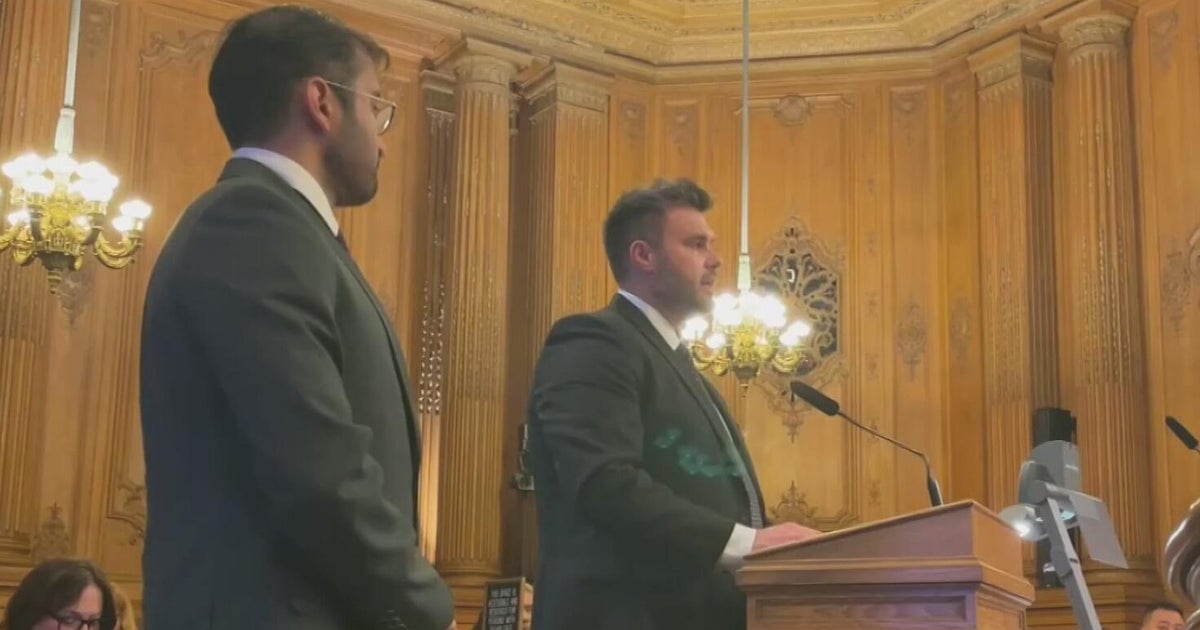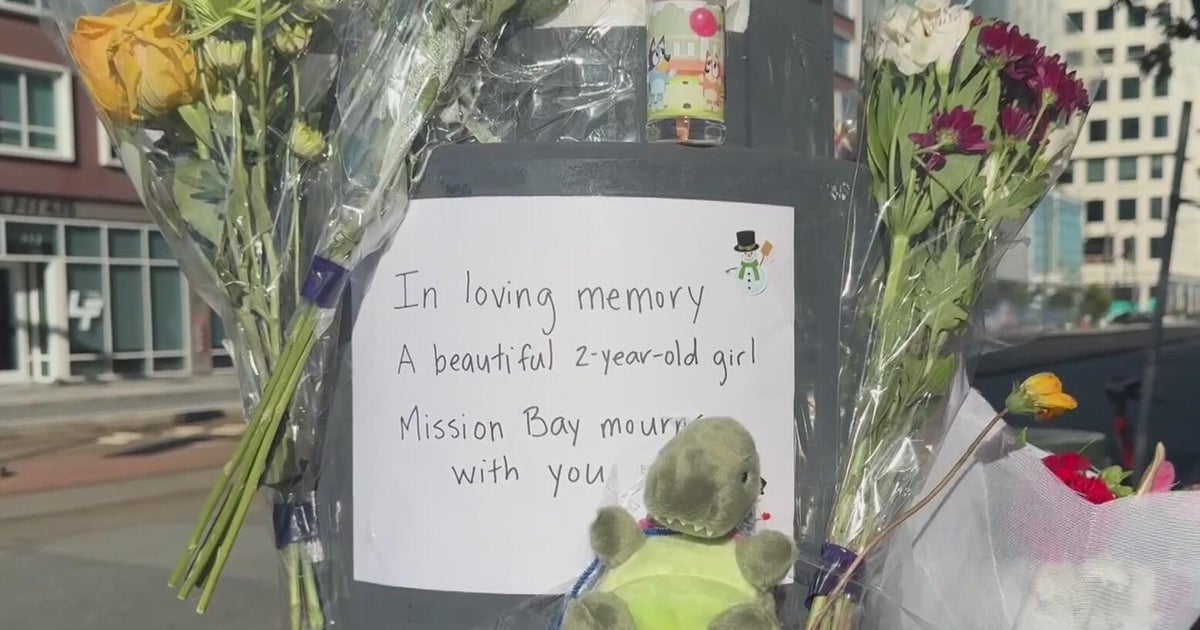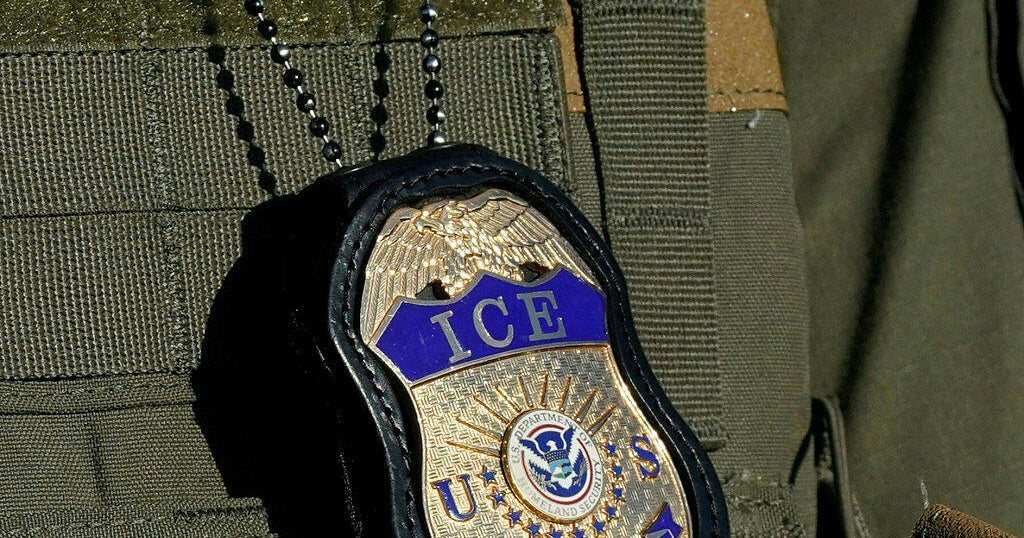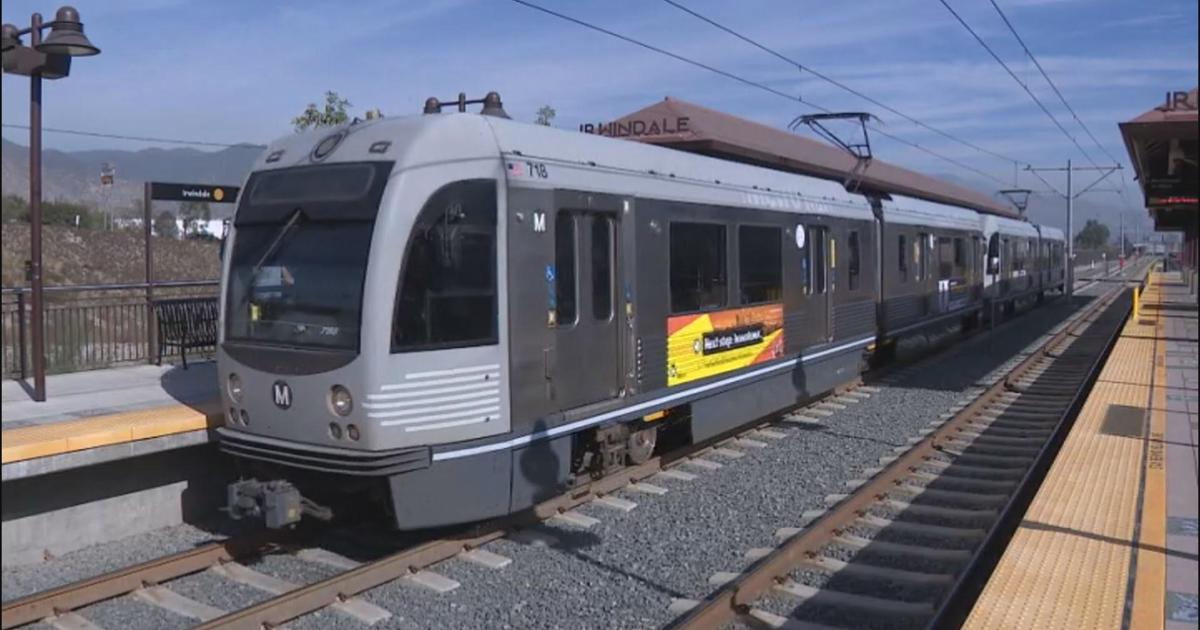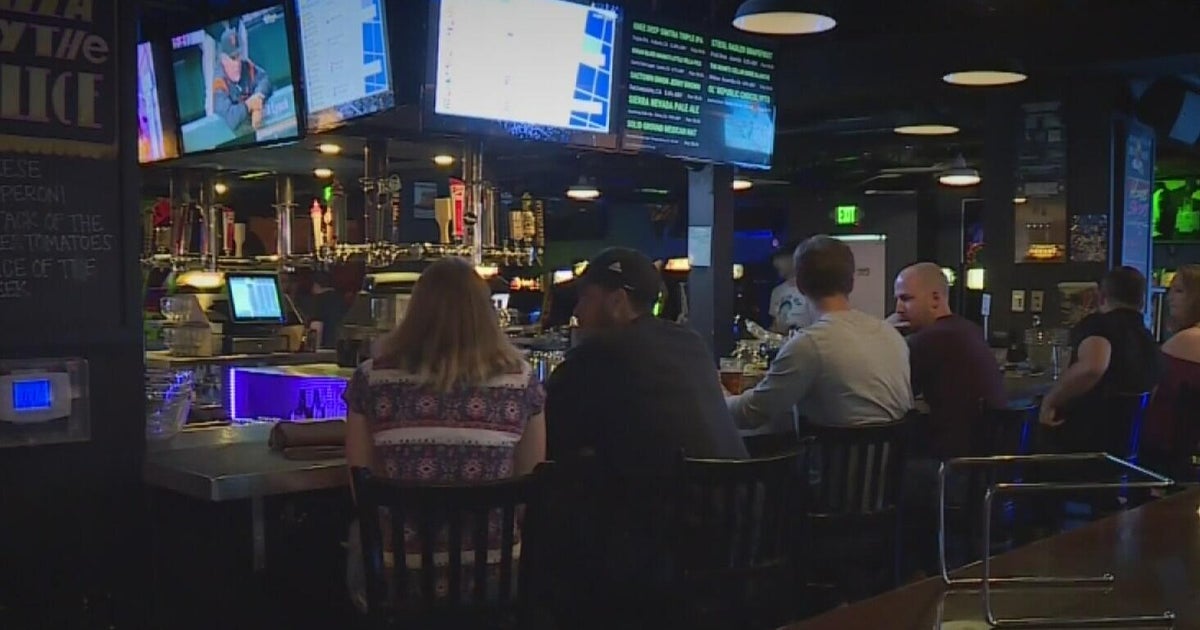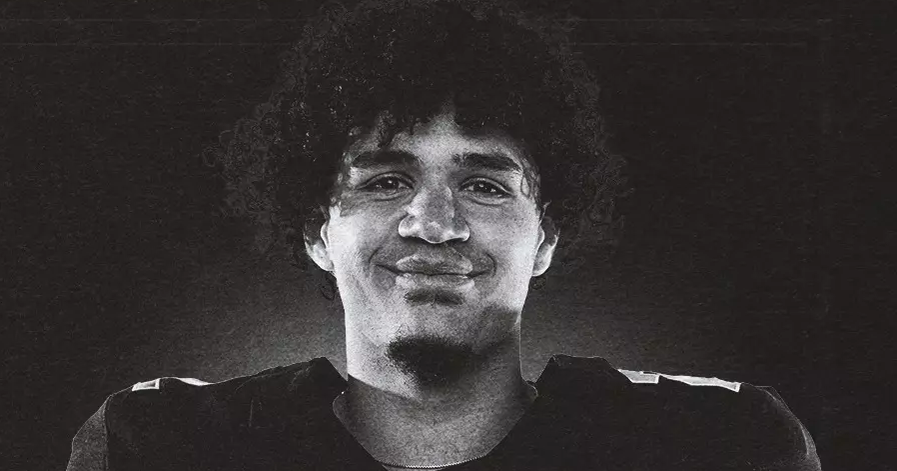San Francisco shop provides alcohol-free options for sober crowd
A San Francisco bottle shop and social club is catering to sober clientele, selling craft beverages that are non-alcoholic.
In a quiet corner on San Francisco's Union Street, Matthew Hawes has carved out a niche with his shop, Better Sunday.
Unlike traditional bars, this establishment offers beverages crafted from natural herbs and mood enhancing plants like kanna, ginseng and sage — eschewing alcohol for a healthier alternative.
For Hawes, this venture is personal.
"Even if I took on too much of any one of these substances, the consequences are nowhere near what alcohol would be," he explained earnestly. "If I take too much alcohol, I could die, or crash a car. But with something like ashwagandha, I'm going to feel happy."
Motivated by his own tumultuous relationship with alcohol, Hawes seeks to provide a space where patrons can enjoy social drinks without the negative repercussions often associated with alcohol.
"I, like others, have had a complicated relationship with alcohol," he said. "I think everybody has had that story where it ruined a night, an event, or maybe even a relationship. I've always been on the lookout for alternatives."
His concept is part of a growing trend seen in major cities such as San Francisco, New York, and Los Angeles, where sober bars and shops are gaining traction, catering to a culture increasingly focused on wellness.
Despite still consuming alcohol, Better Sunday customer Cane Duncan said he was intrigued by the shop's offerings and appreciated the diversity of choices.
"Just the idea of having a different opportunity to have a cocktail that didn't have anything to do with alcohol, we love the idea of it," Duncan said.
Stanford professor Keith Humphreys acknowledges the rising popularity of sober alternatives, but notes that alcohol remains deeply ingrained in societal norms.
"Alcohol is always going to be with us," he noted. "It's part of culture, it's sewn into religion, it's sewn into our culture of sport."
However, Humphreys sees sober bars as valuable in challenging the social expectations tied to drinking.
"People can have those good experiences without alcohol, it can be valuable for people who don't drink at all, as well as for people who maybe have had a drinking problem and now they've quit," he said.
For Hawes, the growth of the sober bar concept represents a shift toward a more inclusive and mindful social environment.
"We're in a good place where the tide is turning in the feelings around alcohol and around a broader social beverage market," Hawes remarked optimistically. "That's pushing outward into the community, and that's exactly where we want to be."
Hawes hopes his business will ultimately remind consumers that they are not defined by what they drink.
